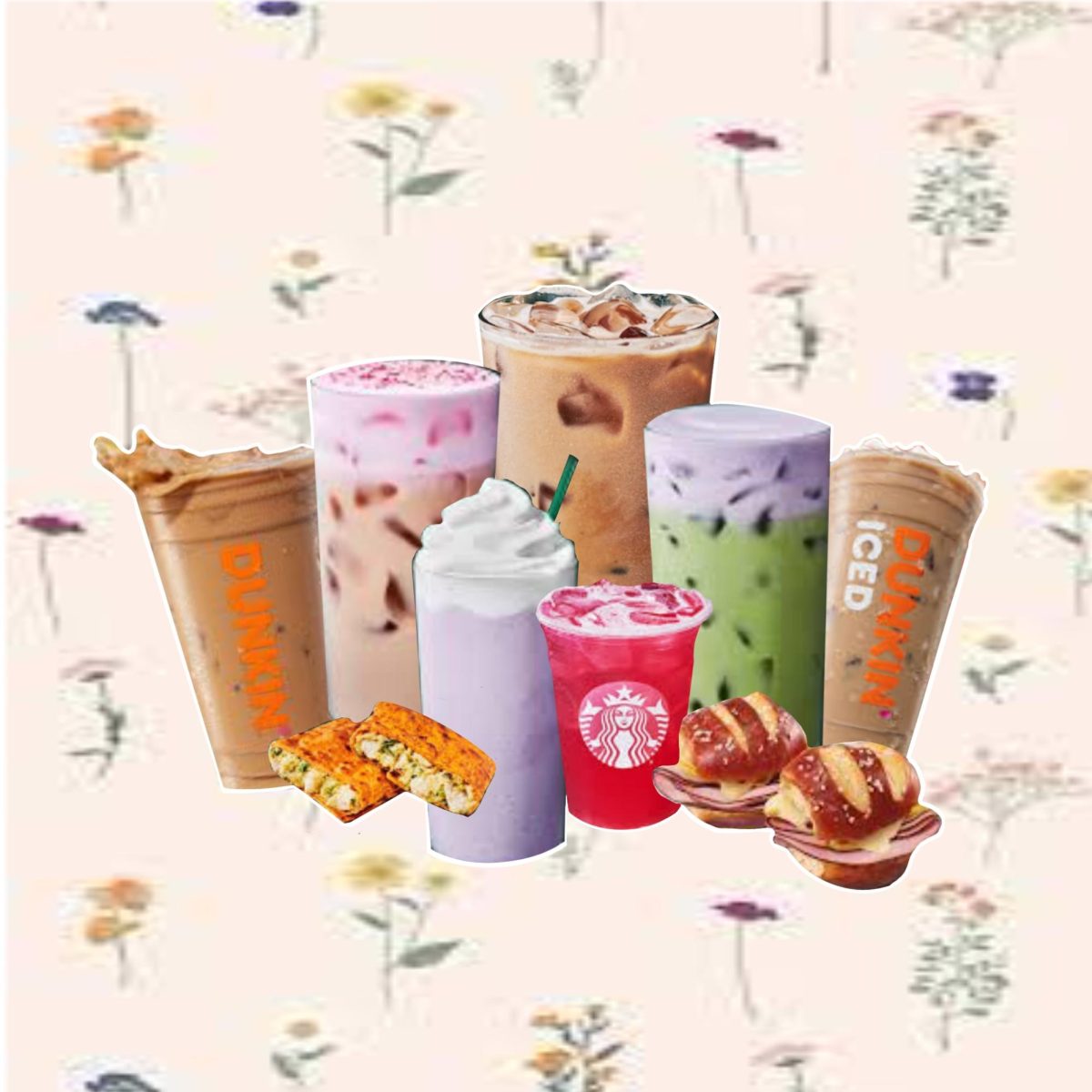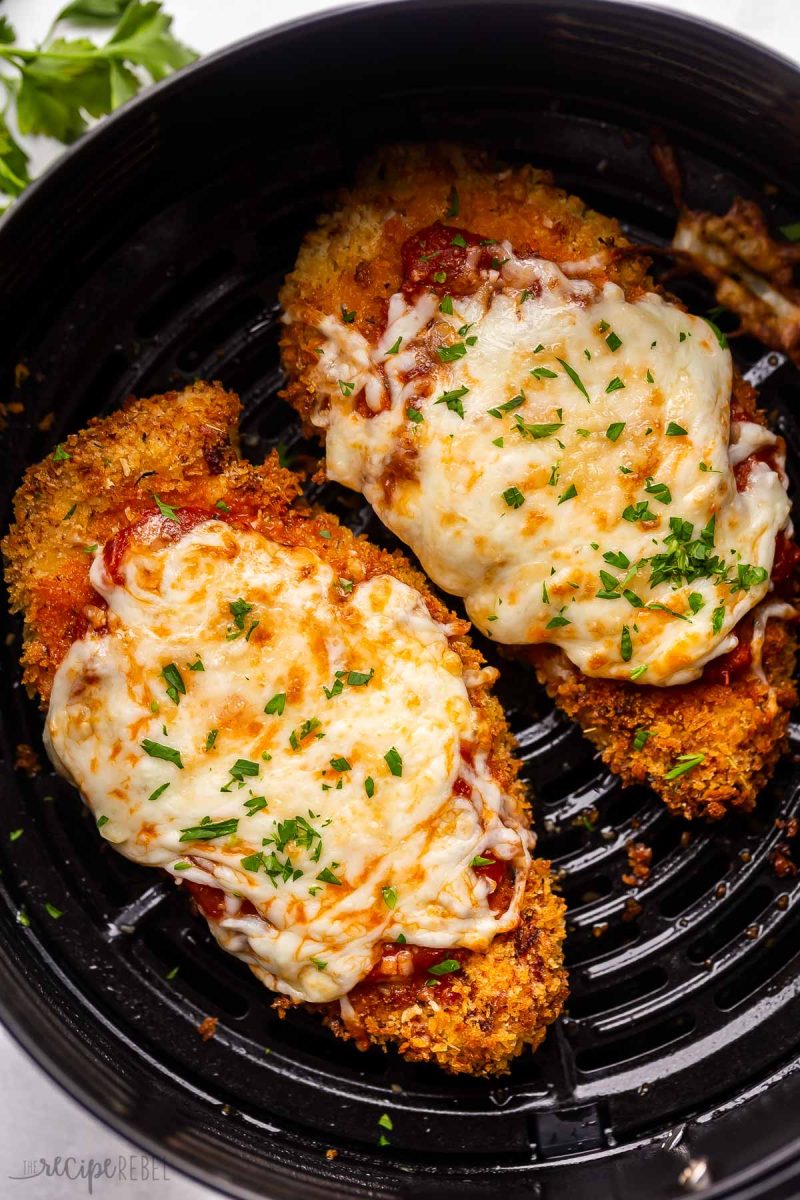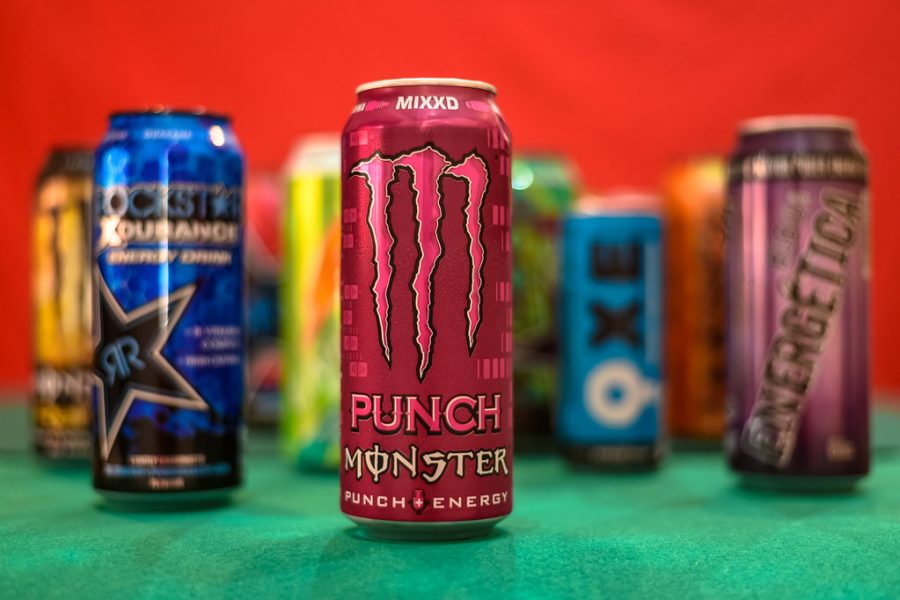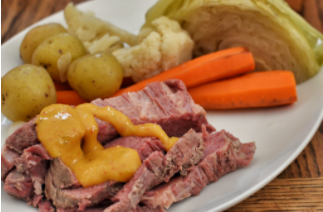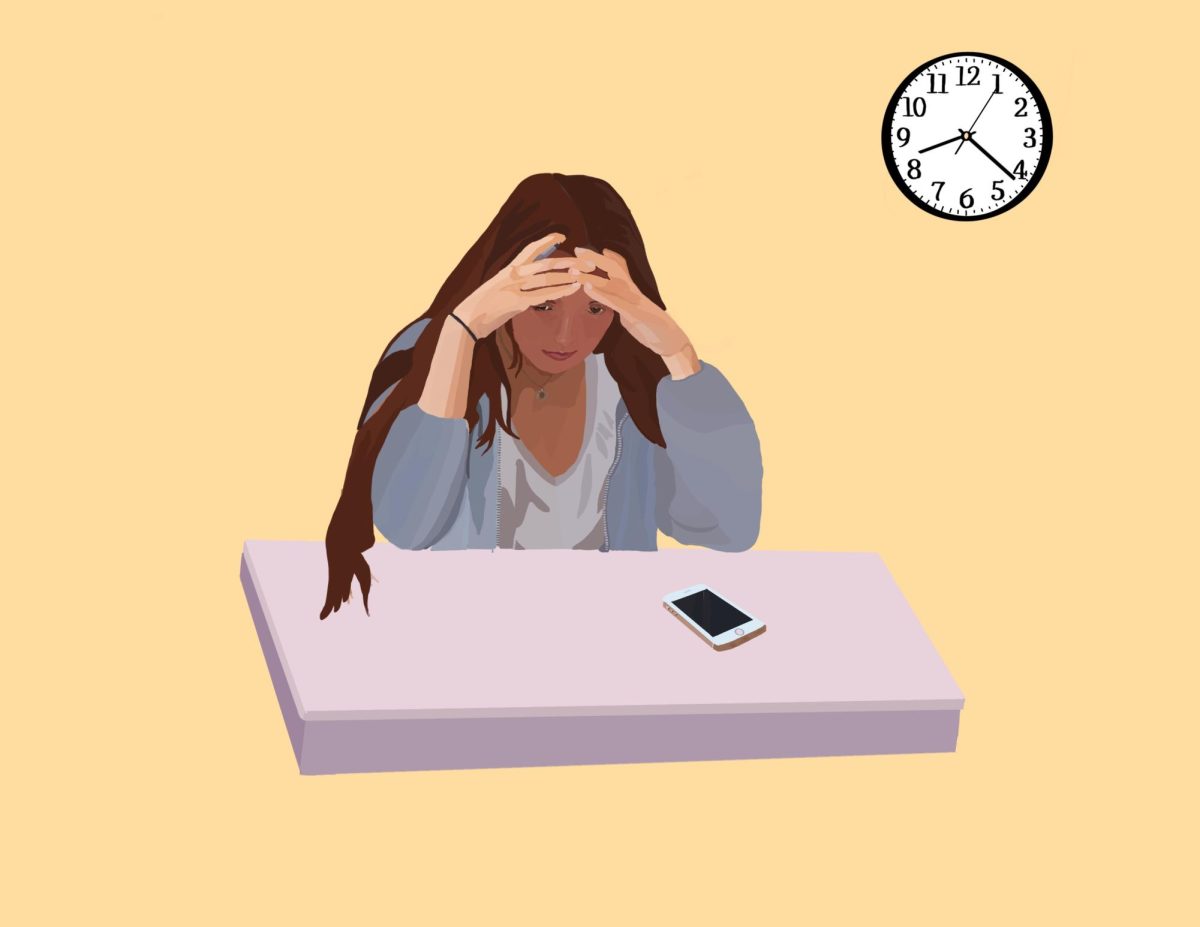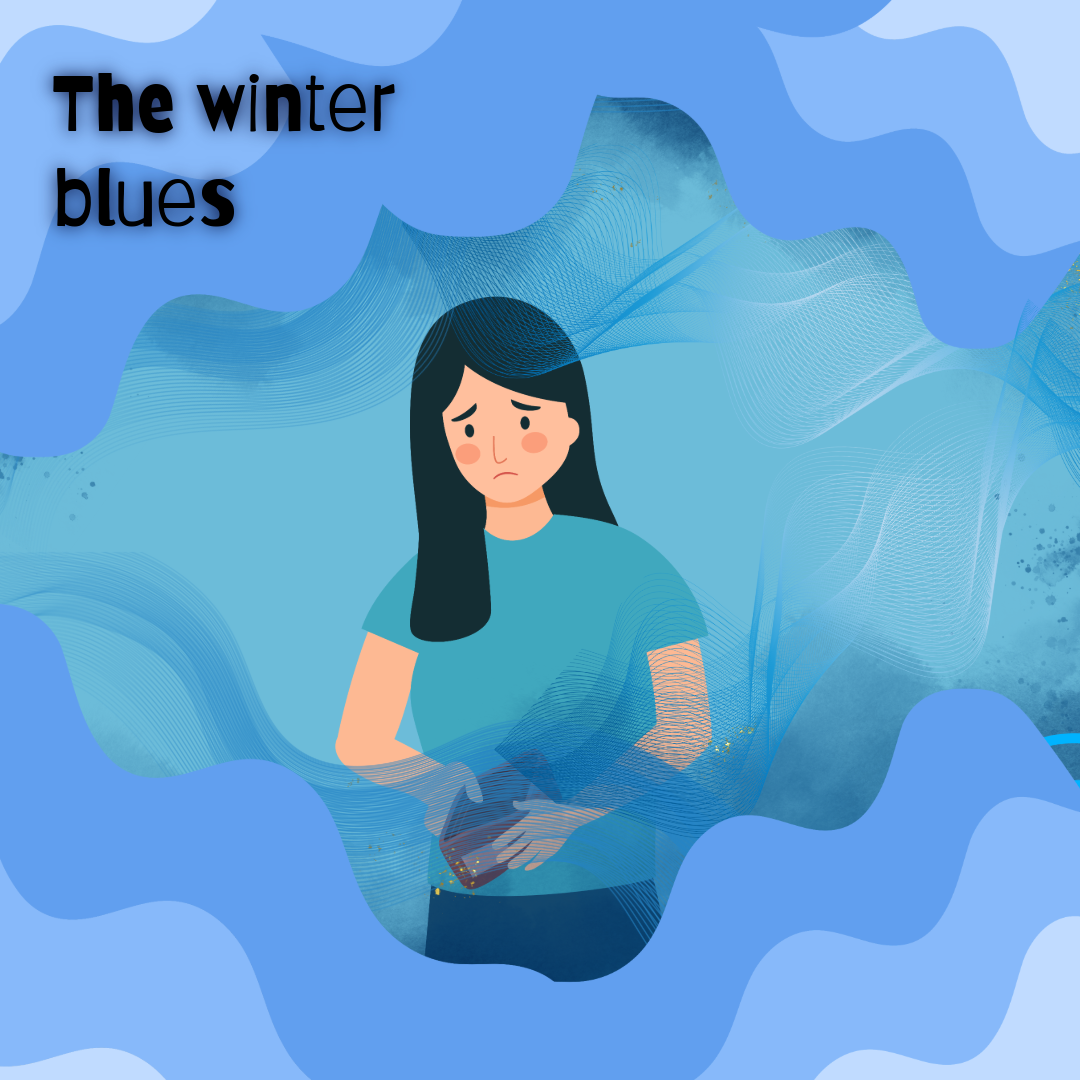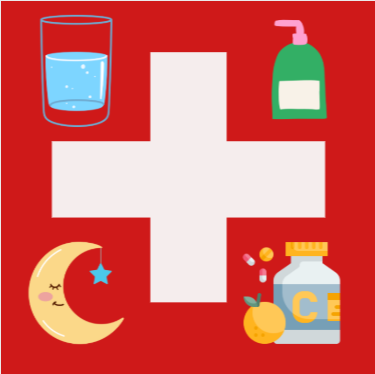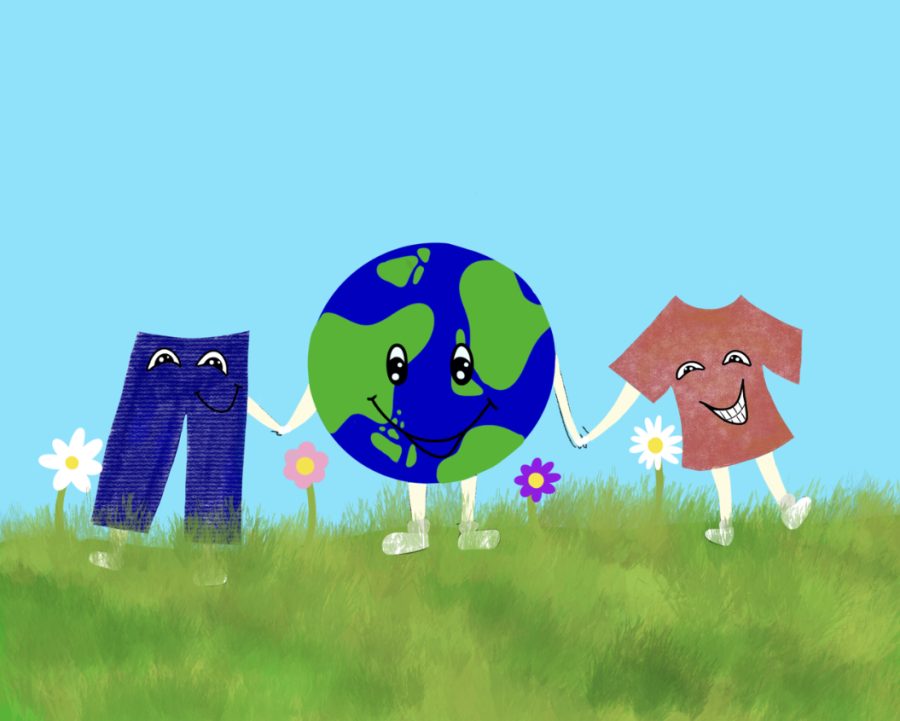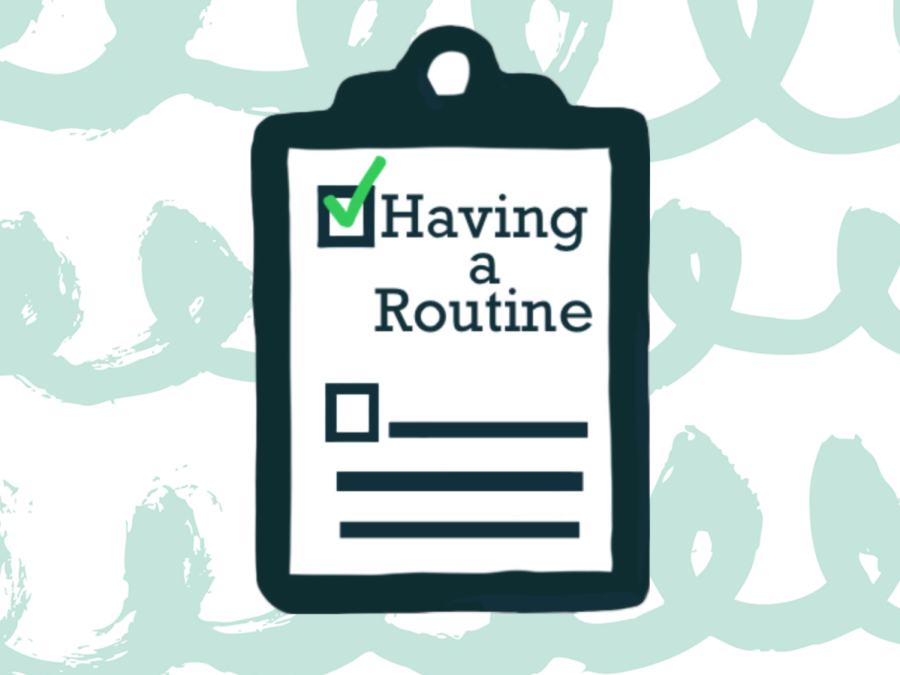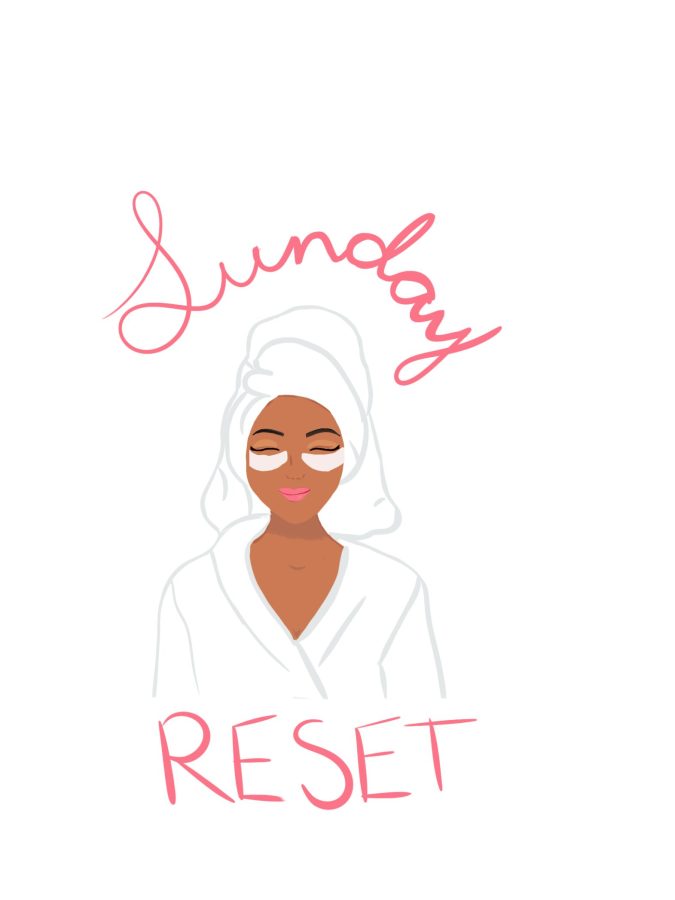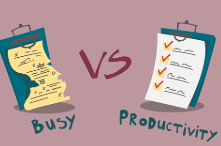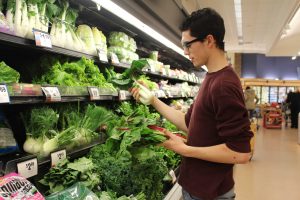
Veganism is the practice of abstaining from animal products in one’s diet and in one’s everyday life for health, environmental, or moral reasons. Across the country, many people are choosing to become vegan due to a collective awareness of how food is prepared and its origins, as well as health reasons. In the following Q&A, Walpole High senior Matt Moriarty discusses his experiences as a vegan.
The Rebellion: Why did you decide to become a vegan and what was your diet before becoming one?
Matt Moriarty: I decided to become a vegan because I read a book during my freshman year called “The Kind Diet” by Alicia Silverstone about how the meat industry from which we get our food affects the environment and our health. Before becoming a vegan, I dabbled in vegetarianism but I dropped it when I was in eighth grade. Then freshman year it was revived when I read “The Kind Diet” and I learned about the realities of food production.
R: What are the pros and cons of being vegan?
MM: Many people think that vegans are really limited in their food choices, but veganism definitely helps expand them. When you are a vegan, you learn about all these foods that are out there from different countries. Also, by focusing on vitamins and nutrients, you get more of a complete and balanced diet because you’re not completely relying on animal sources to get those nutrients. The worst parts are the stigmas. People always ask where I get my protein from. In society, people are trained to think that meat is the only source of nutrients. Also, some people personally feel attacked and believe that I think that I am better than them but I am a vegan just for myself and the environment.
R: Do you think that the high school cafeteria provides enough vegan-friendly options?
MM: Yes I definitely think so. I don’t think that they’re anything special, but the school cafeteria has the salad bar, and the cafeteria had a vegetarian week earlier this year. It was a great thing because as a society, we need to become less dependent on animal-based food and focus on whole foods and a plant-based diet. I think that the cafeteria is doing a good job, but I think that it can definitely be better and make things like the vegetarian week a permanent option.
R: Are there any cookbooks, websites, and/or TV shows that you draw inspiration from?
MM: There’s a really cool blog online called ohsheglows.com. The woman behind the blog, Angela Liddon, has really good recipes. I also find inspiration on onegreenplanet.org. In addition to reading websites, a lot of inspiration is just going to grocery stores and seeing what products I can try today.
R: When shopping for vegan products or eating out, what are some grocery stores or restaurants that you go to?
MM: I think that mainstream stores like Big Y, Shaw’s, and Stop and Shop are becoming more balanced in terms of their options, and their organic sections are becoming bigger. Whole Foods is also a good option. In terms of restaurants, it is really hard today to find a good vegan option because they have decent vegetarian options but not a lot of vegan options especially in the suburbs. But The Farmer in the Dell in Walpole is very accommodating.
R: What advice could you give to people who are interested in going vegan?
MM: Going vegan means there is a lot of pre-planning and meal prepping, especially on a Sunday night, when you have to get food organized for the week. Also, reading up on veganism and getting more information is important. You have to learn about the stigmas of veganism so that you are ready to defend yourself if someone tries to say something negative about it.


